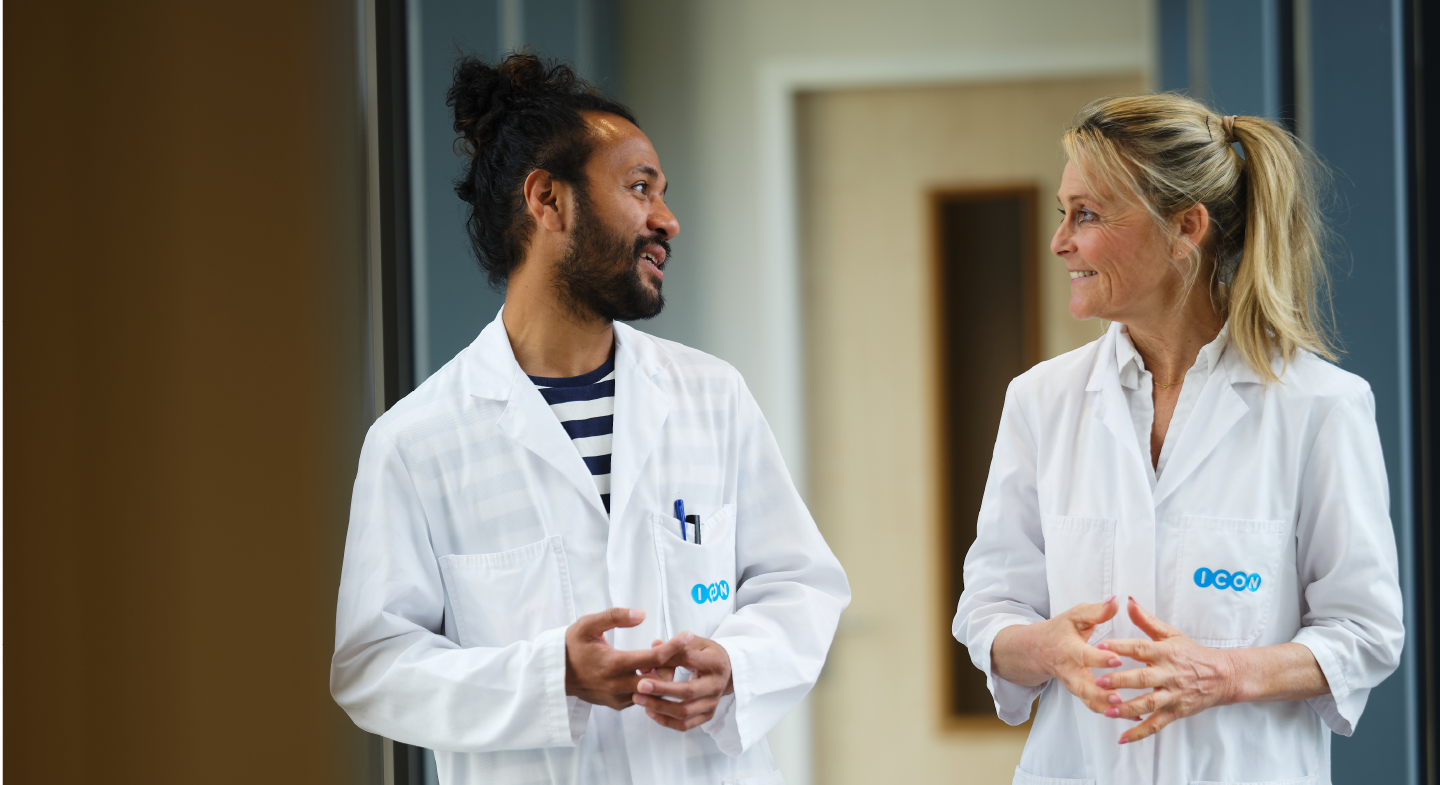
These are the facts and myths about clinical trials
How do clinical trials work? What does this mean for you as a participant? And what risks do you run? These are the facts and myths about clinical trials.
Facts
-
When you sign up as a participant in a clinical trial, you are always given a medical screening first. That is done at our medical screening center in Groningen or Utrecht. If you are healthy and meet the requirements of the trial, you can participate in a trial.
-
The amount of money you receive for your participation in a clinical trial depends on how long the trial takes. The longer the trial takes, the higher the compensation. You are also reimbursed for travel. But there are also other factors that determine the amount of compensation awarded.
-
When we test a medication on healthy people, we study how your body reacts to the drug and whether there are any side effects. During this phase, we aren't checking yet whether the medicine works to cure a particular illness or condition. That is why it is not always necessary to administer a full dose of the medication. As a healthy participant you are therefore given a low dose. There are also trials in which the dose of the medicine is slowly increased during the trial, so that we can determine what a safe dose is with no or few side effects.
-
Before a medication is available on the market, it must be researched extensively. All that research takes a lot of time. On average, it takes 10 to 15 years before a new medicine is available in a pharmacy!
-
When you participate in a clinical trial, you have to do something for the trial a few times a day, such as having your blood pressure taken or a heart tracing. Apart from that, you have time for yourself. You can decide how to spend your time. There is plenty of entertainment at the research center like televisions with Netflix, PlayStations, board games and a pool table. But you could also use your free time to work or study.
Myths
-
No, compensation is based on the length of the trial. In addition, you are given extra compensation for some medical procedures. You are also reimbursed for travel. Read more about the make-up of the compensation.
-
No, in fact: when we test a medication on healthy people, we usually check how your body processes the medicine and whether side effects occur. Sometimes we also check whether the drug works. After this phase, the medicine will be extensively tested on patients to check whether the medicine works for a certain illness or condition.
-
No, you aren't made ill first. When we test a medication on healthy people, we are just studying how the medicine is tolerated by the body and whether there are any side effects. During the next phase, we test the drug in patients. Only then do we look at whether the medicine works to treat a certain illness or condition.
-
Your participation in a clinical trial is always voluntary. You can therefore decide to stop at any time. Sometimes you have to stop. This could be because of family circumstances or if the study doctor decides that it is better for your health. If you stop, we will look at what portion of the compensation you are entitled to. It's only fair!
-
There are different reasons to participate in a clinical trial. Of course the compensation is one of them. But you can also participate because you want to contribute to better medicines and a better life for patients. Because your participation in a clinical trial not only yields something for you, but also for someone else.